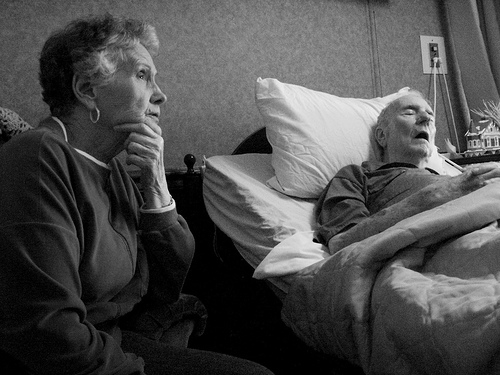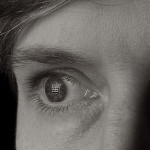We run our website the way we wished the whole internet worked: we provide high quality original content with no ads. We are funded solely by your direct support. Please consider supporting this project.

Prayer and the Open Future
Kurt Willems posted a blog today written by Derek Ouellette regarding why understanding that the future is partially open is the only thing that really makes sense of prayer. Derek addresses his thoughts to your younger self, the self that was more “Open. Teachable. Curious. Adventurous.” Let’s all be willing to respect and freely interact with the part of ourselves that is hungry for truly satisfying answers.
From the blog post:
Let’s assume that God is all-competent and all-wise. He’s not a buffoon or an imbecile. He’s able – not just by sheer strength, but by wisdom and competence. We always talk about how God is all-power and all-knowing. We never talk about how God is all-competent. God is able to work through the most complex situation without having to flex his bulging omnipotent bicep. He’s able to work through it by his know-how. He is, after all, omnicompetent.
Image by Derrick Tyson. Used in accordance with Creative Commons. Sourced via Flickr.
Category: General
Tags: Open Theism, Prayer, Warfare Worldview
Related Reading

Podcast: If Paul Couldn’t Get HIS Thorn Removed, Why Should We Think OUR Prayers for Healing Will Be Answered?
Greg considers why Paul was unable to get his thorn removed, and argues that we should not universalize Paul’s situation to all of ours. http://traffic.libsyn.com/askgregboyd/Episode_0182.mp3

The Case for Including Open Theism Within Arminianism
Here is an excellent post by my good friend Roger Olson in which he makes the case that Open Theism should be embraced by Arminians as an orthodox, if somewhat non-traditional, form of their faith. In fact, Roger argues (rightly in my opinion) that Open Theism is much closer to the “heart” of Arminianism than…

Why You Have Free Will
God’s decision to create a cosmos that was capable of love and that was, therefore, populated with free agents (see previous post) was also a decision to create and govern a world he could not unilaterally control. These are two aspects of the same decision. What it means for God to give agents some degree…

Is Hell Eternal Punishment?
The end of time, according to the Bible, is marked by hope, the hope that God’s will shall someday be done “on earth as it is in heaven.” The hope is that however terrible our present circumstances may be, before long they will all come to an end. Then creation will be what God always…

How do you respond to 1 Peter 1:20?
“[Christ] was destined before the foundation of the world, but was revealed at the end of the ages for our sake. Through him you have come to trust in God…” This passage reveals that God created the world with Jesus Christ in mind (cf. Col. 1:15–17). The divine goal was (and is) to acquire a…

Did Jesus Say That God Causes Blindness?
As he went along, he saw a man blind from birth. His disciples asked him, “Rabbi, who sinned, this man or his parents, that he was born blind?” “Neither this man nor his parents sinned,” said Jesus, “but this happened so that the works of God might be displayed in him (Jn 9:1-3, NIV) Commentators typically appeal to this passage…
